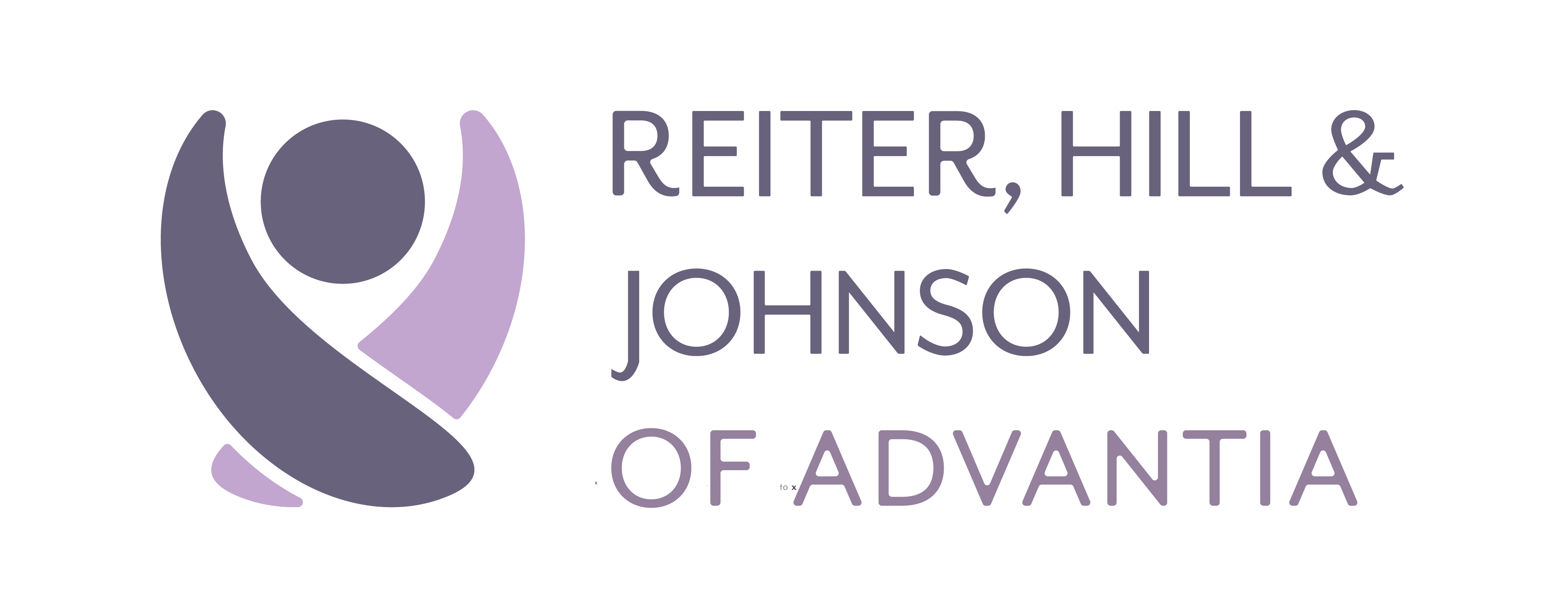Could you be Struggling with Depression?
How common is depression during and after pregnancy?
1 in 7 pregnant and postpartum women experience depression.
What is the difference between postpartum blues and postpartum depression?
Postpartum blues generally start 2-3 days after birth and resolve within 1-2 weeks, where some women feel depressed, anxious, or angry which can affect their ability to care for their baby.
Postpartum depression starts about 1-3 weeks after delivery and is marked by intense feelings of sadness, anxiety, or despair that affects daily functioning and can last up to 1 year.
Other symptoms include sleeping too much or too little, lack of energy and little enjoyment in activities, feelings of guilt when things go wrong, feeling overwhelmed, changes in appetite, weight, and desire to have sex, and thoughts of harming oneself or others.
Am I more likely to have depression?
Risk factors during and after pregnancy include:
A personal or family history of depression, neuroticism (tendency to worry about things in ways that are not healthy), low self-esteem, history of anxiety disorder, history of substance abuse, history of behavioral disorder, trauma, stressful events in the past year, parental loss, poor social support, and history of divorce or marital problems.
Why am I experiencing depression?
Hormone levels change after childbirth which can trigger depression and mood swings similar to pre-menstrual syndrome. Women who have had depression before, during, or after pregnancy – or those currently treated for depression – have an increased risk of developing depression during and after pregnancy. Exhaustion and lack of social support, in addition to stressful life events, can contribute greatly to depression.
Will I be screened for depression during pregnancy and after delivery?
You will be administered an Edinburgh Postnatal Depression Scale to screen for depression at your 32 week visit during pregnancy. After delivery, you will be screened once again.
How is depression treated?
Taking medications such as anti-depressants and/or talking with a therapist (psychiatrist, psychologist, or social worker) can be used in the treatment of depression. Your healthcare provider or psychiatrist will weigh the risks and benefits of using medication during pregnancy and while breastfeeding.
What if I want to get pregnant again?
Women who experience depression during and after pregnancy are at a higher risk of developing it again. If you have had depression before and took a medication that helped you feel better, your doctor may recommend that you take that medicine again. Always tell your healthcare provider if you have dealt with depression.
How do I get help?
Call your healthcare provider if you think you are struggling with depression. If you feel like you might want to hurt yourself or others, please call 911.
References:
Postpartum Support International. http://www.postpartumsupport.net
Patient Information: Postpartum depression (The Basics). www.uptodate.com
Medline Plus. www.nlm.nih.gov/medlineplus/postpartumdepression.html
The American College of Obstetricians and Gynecologists. FAQ, December 2013. http://www.acog.org/Patients/FAQs/Postpartum-Depression
